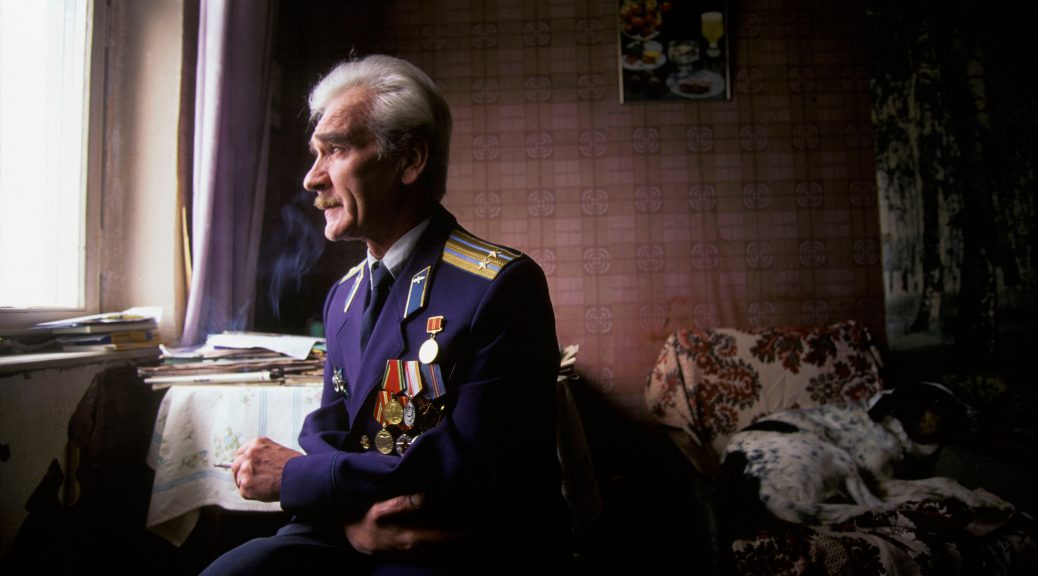Last month an obituary appeared in the New York Times for a retired colonel of the Soviet Air Defense Forces, Stanislav Petrov (“Stanislav Petrov, 77; Soviet Who Helped Avert a Nuclear War”). Early on the morning of September 26th, 1983, Lt. Col. Petrov, 44 years old, was a few hours into his shift as the duty officer at Serpukhov-15, the secret command center where the Soviet Union monitored its early-warning satellites over the U.S., when the alarms went off. The computers were telling them that the U.S. had launched 5 Minuteman Inter-Continental Ballistic Missiles against the U.S.S.R.
At that moment the Cold War between the USA and Soviet Russia was worsening. Only three weeks before the Soviets had shot down a Korean Airlines passenger plane which had strayed into its airspace. (One of our parishioners from Mary Immaculate of Lourdes was on that plane: Mrs. Hiroko Ikeda Stevens. William Stevens Jr. and Hiroko Ikeda had been married at Mary Immaculate of Lourdes Church on January 1st, 1983. Her bereaved husband built a peace garden in her memory which is preserved at our parish cemetery of St. Mary’s.)
When the alarms went off then on that September morning it was not at all implausible that the USA had decided to strike in a surprise attack. As the duty officer, it was Lt. Col. Petrov’s role to make the call to his superiors and thereby set the chain of events in motion for a Soviet retaliatory strike.
Years later, in an interview with the BBC, the retired Soviet officer described what had happened:
“There was no rule about how long we were allowed to think before we reported a strike. But we knew that every second of procrastination took away valuable time, that the Soviet Union’s military and political leadership needed to be informed without delay. All I had to do was to reach for the phone; to raise the direct line to our top commanders—but I couldn’t move. I felt like I was sitting on a hot frying pan.” (NYTimes, ibid.)
He ended up making the decision that it was a system malfunction and reported it as such. Indeed it was a false alarm: as it was later determined, the satellite mistook the sun’s reflection off the top of the clouds for a U.S. missile launch. Any believer in God would have to say that it was a special moment of grace that touched this man at just the right moment and he responded to it.
We are only now beginning to learn about the extent of the “near-misses” in the triggering of a nuclear war over the last 72 years. Zbiegnew Brzezinski, who was President Carter’s National Security Adviser, has described his own experience where he had to decide whether a report that nuclear missiles had been launched by the Soviet Union against us was real. It was in the middle of the night. He was poised make the call to the President. But then, like Lt. Col. Petrov, he held-off, making the gut-decision that it was not a real strike.
Former Secretary of State George Schulz, now 96, has recently expressed his concern over the “careless talk” about using nuclear weapons in today’s climate. He used the term “broken arrows” to characterize the false-alarms over nuclear weapons which could have tripped their use, and he indicated their number has not been rare to date.
A crucial part of Our Lady’s message at Fatima 100 years ago was a call for the Prayer for Peace in the face of the threat of annihilating warfare. Catholics, are we praying hard enough?
Pastor’s Note from the Mary Immaculate of Lourdes Bulletin for October 22, 2017
